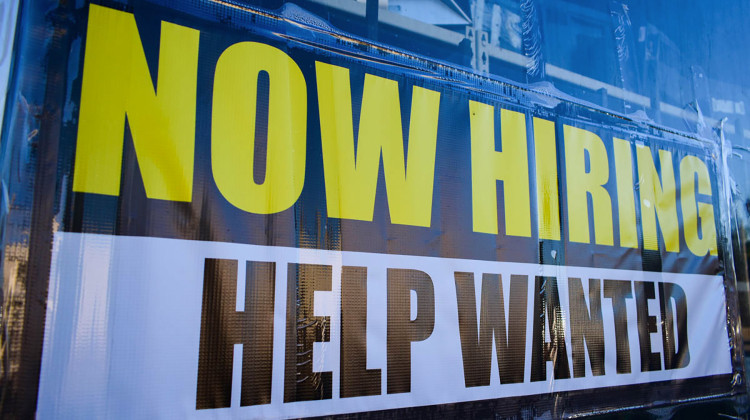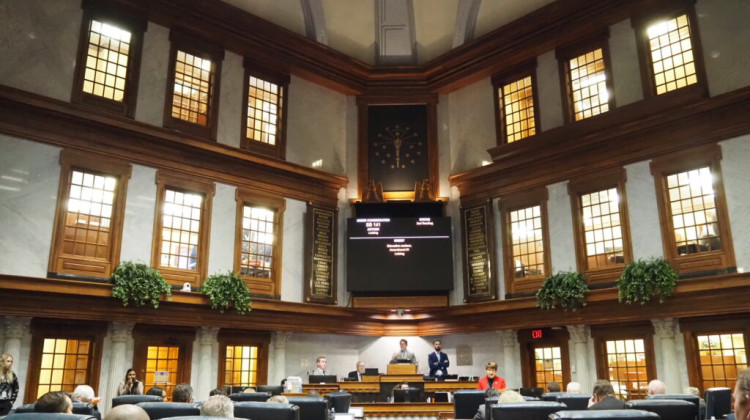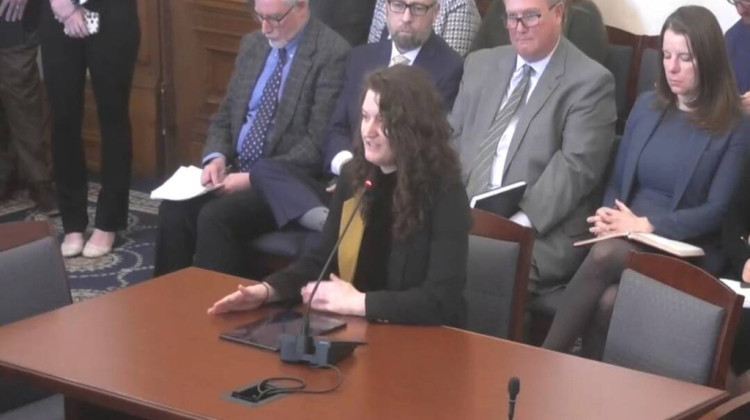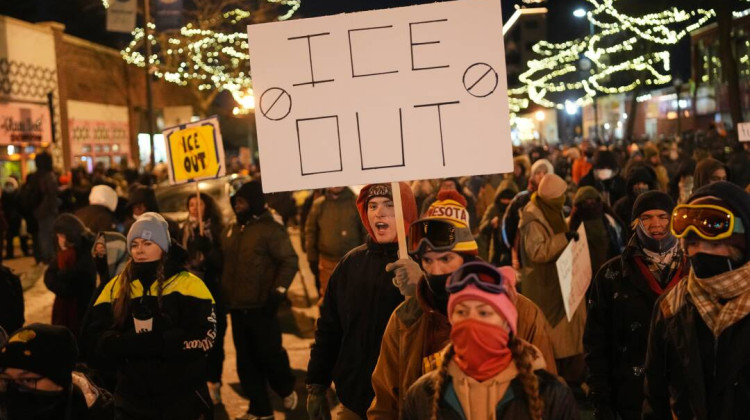
An amendment to the bill during Thursday’s hearing added that if a student had completed eighth grade, they are allowed to work during traditional school hours.
Justin Hicks/IPB NewsA bill that would scale back certain child labor exemptions for minors passed out of a House committee Thursday.
House Bill 1093 would allow certain 14- to 16-year-olds and 16- to 18-year-olds to work longer hours, and for minors who are 16 or 17 to perform farm labor.
Rep. Kendell Culp (R- Rensselaer) is the author of this bill. He said it would make state regulations more similar to federal regulations, and allow youth workers more opportunity.
“This bill quite simply just brings state regulations in line with federal regulations not to exceed, but the same,” he said. “So currently, by being more stringent, we are telling our youth it’s OK to work less than what the federal requirements are.”
An amendment to the bill during Thursday’s hearing added that if a student had completed eighth grade, they are allowed to work during traditional school hours.
Culp said this would benefit schoolchildren outside of the traditional school system, including those who are Amish or homeschooled.
“We have a lot of nontraditional-type of students that pursue their education and maybe if they’re homeschooled, for example, they might complete their work by two in the afternoon and they are looking for some afternoon employment,” he said.
Join the conversation and sign up for the Indiana Two-Way. Text "Indiana" to 765-275-1120. Your comments and questions in response to our weekly text help us find the answers you need on statewide issues, including our project Civically, Indiana and our 2024 legislative bill tracker.
Workers in this category must still give employers parental approval to be able to work during these hours. Culp said this is also already included in federal law, and that Indiana is simply adopting this.
Jennifer Owsley works with the Indiana Beach Amusement Park. She said she grew up and started working in Northwest Indiana at age 13, and that working at a young age was valuable to her.
“Being able to work was such a great experience in my life and I believe that since I worked at such an early age, my work ethic is completely changed because of that,” she said.
Owsley said there are many types of nontraditional schoolchildren who can benefit from the provisions in this bill.
“So I hate to limit it to just the Amish community because all of our state, we have more charter schools, we have more homeschooling and so that not only affects the Amish community, but it actually countrywide now,” she said.
Shawn Crist is with the Indiana State AFL-CIO. He opposed the bill and said it would remove necessary child labor protections.
“We believe that the removal of the work hour restrictions for children who are 16 or 17 makes them vulnerable to potential abuse of being overworked by unscrupulous employers at the expense of their education,” he said.
He said the section of the bill that allows 16- and 17-year-olds to perform farm labor, exempting them from a prohibition on hazardous occupations, can put them in danger.
Other lawmakers expressed concern about labor law violations and oversight of current minor laws.
The bill passed in an 8-to-3 vote out of the Employment, Labor and Pensions Committee and now moves to the House floor for a vote.
Violet is IPB's daily news reporter. Contact her at vcomberwilen@wfyi.org or follow her on Twitter at @ComberWilen.
 DONATE
DONATE






 Support WFYI. We can't do it without you.
Support WFYI. We can't do it without you.